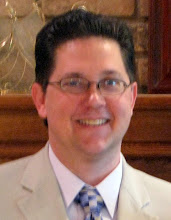Compare, as well, this strange piece in New Yorker first claiming, then debunking, the idea that genius has something to do with age. It also states some interesting theory on different kinds of creativity that bloom early or late:
Mark Twain was the same way. Galenson quotes the literary critic Franklin Rogers on Twain’s trial-and-error method: “His routine procedure seems to have been to start a novel with some structural plan which ordinarily soon proved defective, whereupon he would cast about for a new plot which would overcome the difficulty, rewrite what he had already written, and then push on until some new defect forced him to repeat the process once again.” Twain fiddled and despaired and revised and gave up on “Huckleberry Finn” so many times that the book took him nearly a decade to complete. The Cézannes of the world bloom late not as a result of some defect in character, or distraction, or lack of ambition, but because the kind of creativity that proceeds through trial and error necessarily takes a long time to come to fruition.
and
On the road to great achievement, the late bloomer will resemble a failure: while the late bloomer is revising and despairing and changing course and slashing canvases to ribbons after months or years, what he or she produces will look like the kind of thing produced by the artist who will never bloom at all. Prodigies are easy. They advertise their genius from the get-go. Late bloomers are hard. They require forbearance and blind faith. (Let’s just be thankful that Cézanne didn’t have a guidance counsellor in high school who looked at his primitive sketches and told him to try accounting.) Whenever we find a late bloomer, we can’t but wonder how many others like him or her we have thwarted because we prematurely judged their talents. But we also have to acccept that there’s nothing we can do about it. How can we ever know which of the failures will end up blooming?

No comments:
Post a Comment